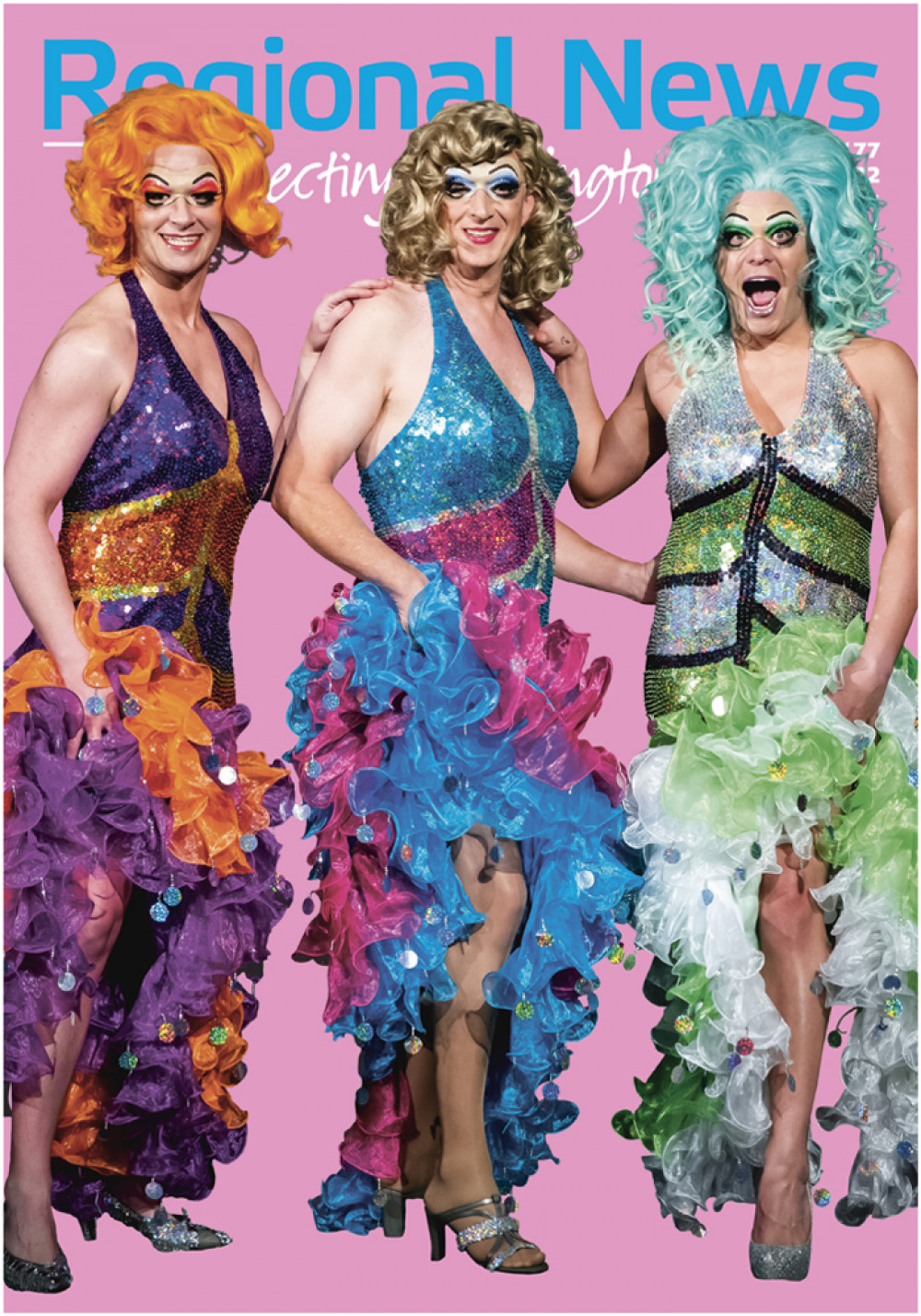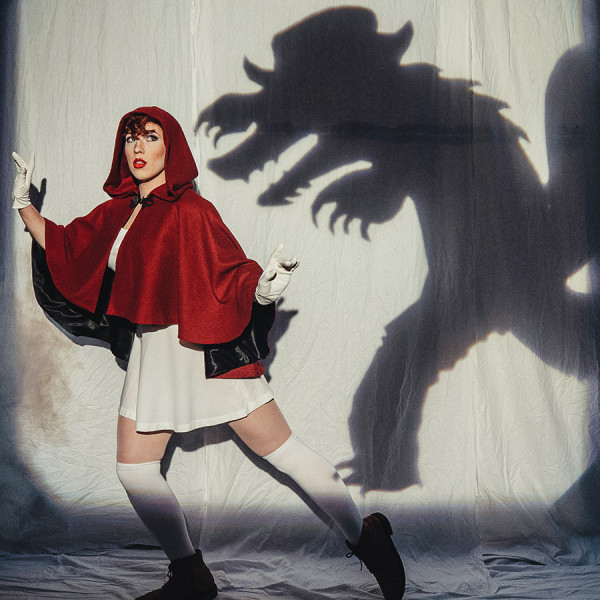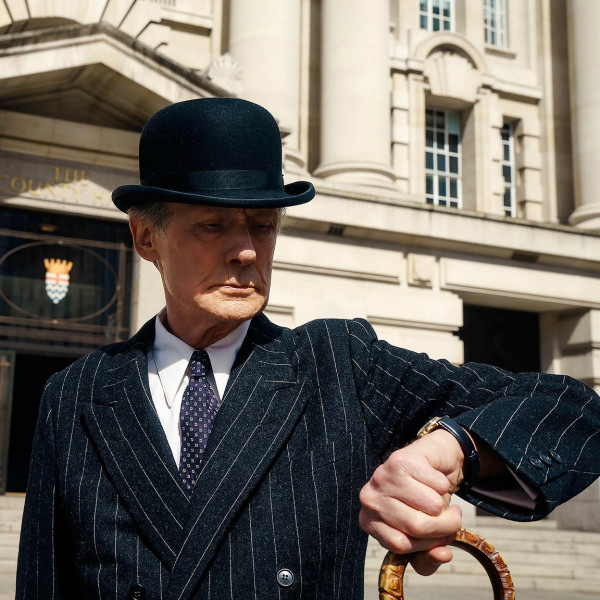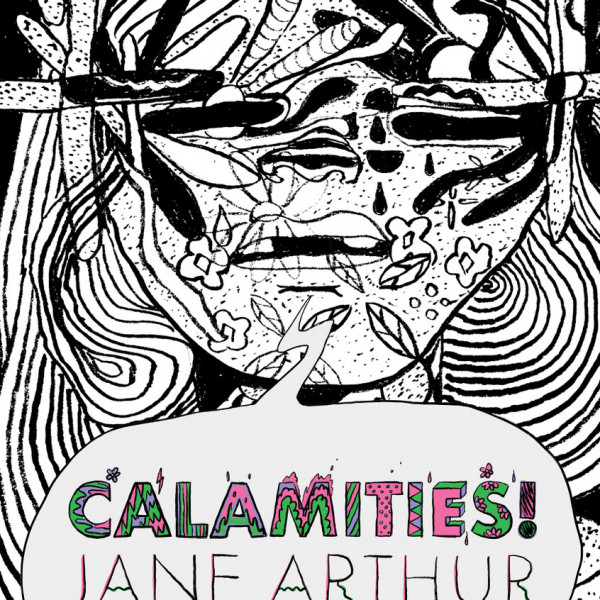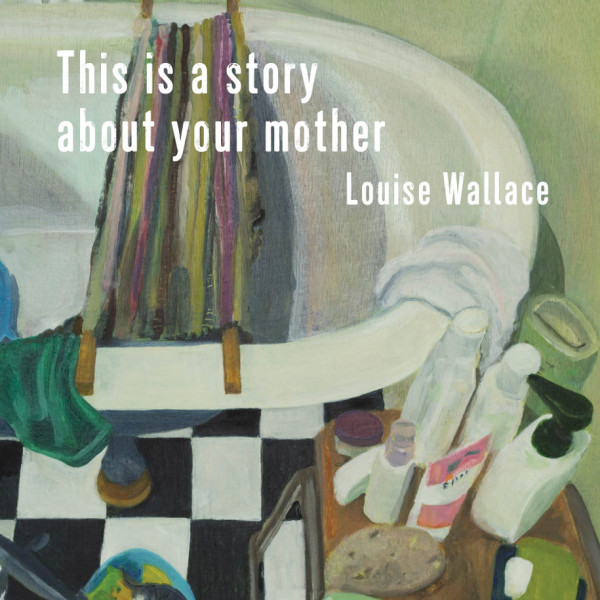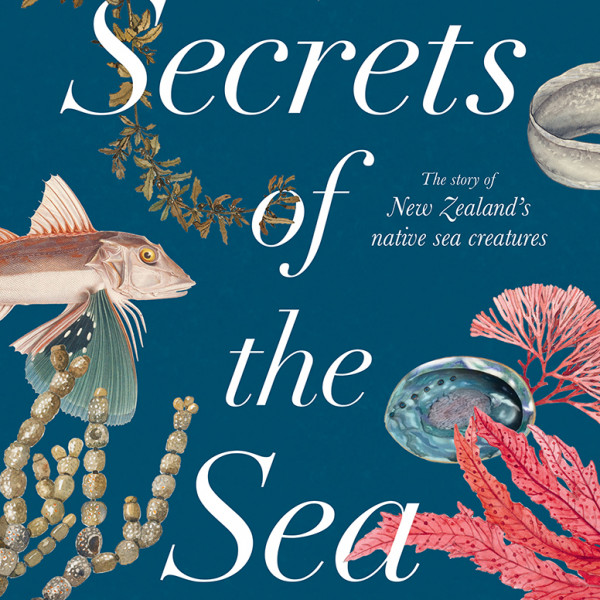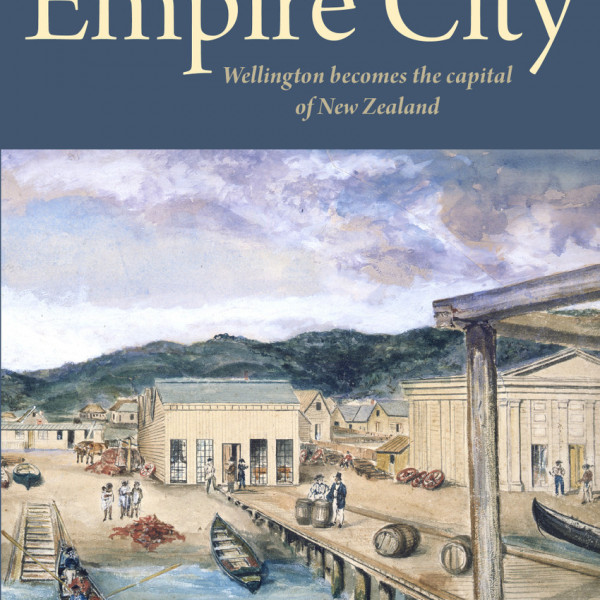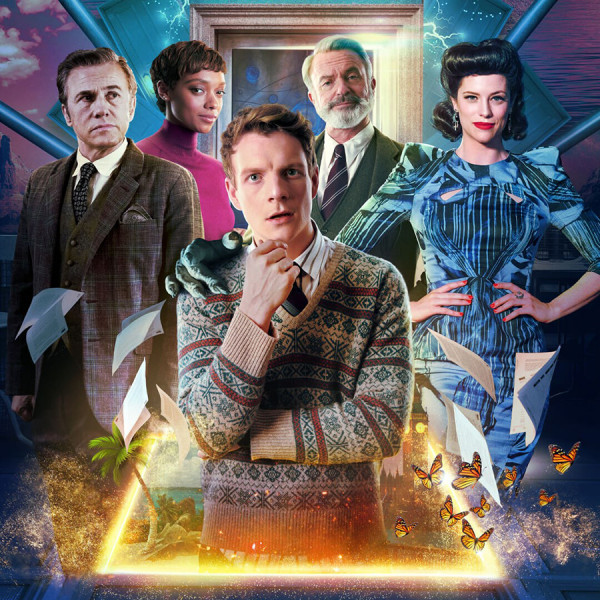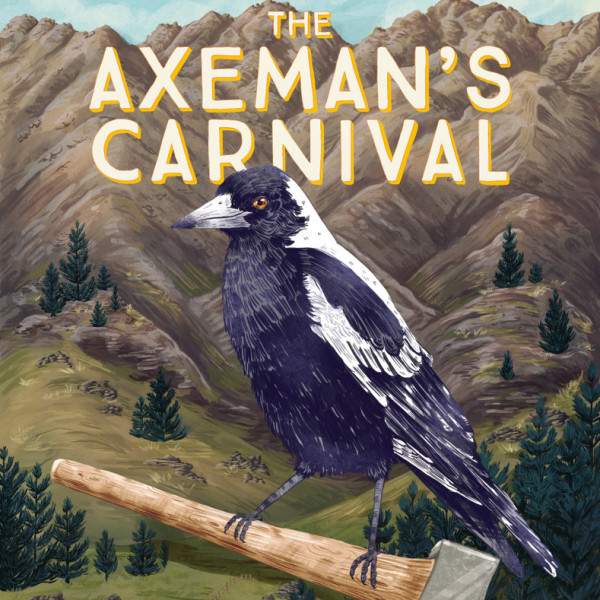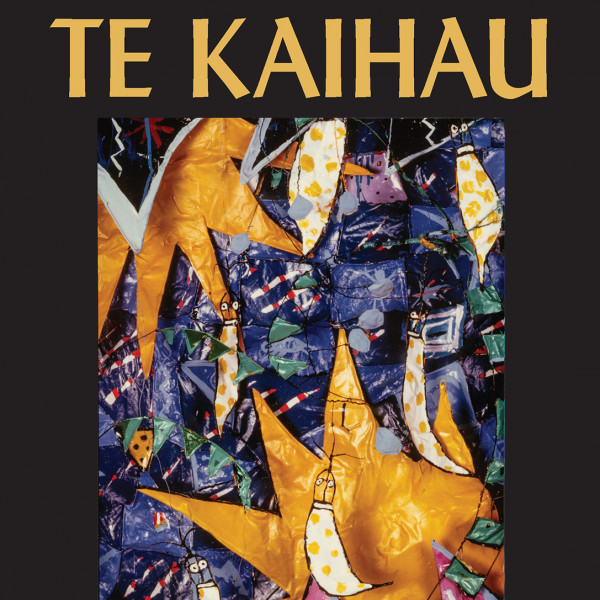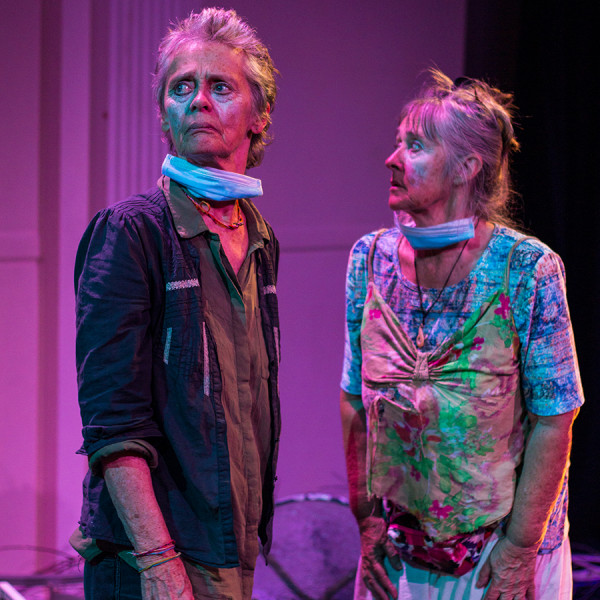
Bloch & Shostakovich: Enduring Spirit
Presented by: New Zealand Symphony Orchestra
Conducted by: Sir Donald Runnicles
Michael Fowler Centre, 28th Apr 2023
Reviewed by: Tamsin Evans
The NZSO has wanted to bring Sir Donald Runnicles to New Zealand for some time. The disrupted last couple of years were worth the wait. Runnicles is vastly experienced and highly regarded, and the same can be said of cello soloist Nicolas Altstaedt. The evening also marked a celebration for principal contrabassoonist David Angus, retiring after 41 years.
It’s rather lovely for an audience to be welcomed in person by the conductor and star soloist. Runnicles put the programme in context for us, explaining some of what lies behind each work. The orchestra was bursting with energy, firepower, and passion by the time we reached the final piece, Symphony No. 10 in E minor by Dmitri Shostakovich. We got there by way of Ernest Bloch’s personal and political expression of his Jewishness, and the gentle and beautiful Musica Celestis by Aaron Jay Kernis. Written for string orchestra and inspired by the idea of angels singing in heaven, the overwhelming feeling was of being surrounded by waves of perfectly executed, languid harmony and melody.
The anguish of Solomon, resisting the world’s earthly pleasures, is expressed through the solo cello in Bloch’s Schelomo. Altstaedt’s performance was a tortured tour de force. From the opening phrases, cello over brass, to the impressive final movement, this was a supremely confident and utterly compelling performance.
Shostakovich’s Symphony No. 10 in E Minor is a perfect match with Runnicles, celebrated for his interpretation of Romantic and post-Romantic repertoire. Shostakovich traversed several narratives with his Tenth Symphony and Runnicles drew each distinctive twist in the tale from the orchestra. This music tied my insides in knots with an intense, rich sound that was both lush and taut, sometimes filled with fury and rage, sometimes lyrical and dance-like. Even with close to 100 players on stage, Runnicles gave every instrument their place, bringing a welcome clarity to Shostakovich’s story.



